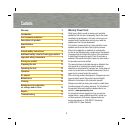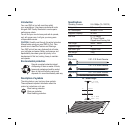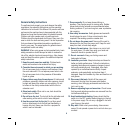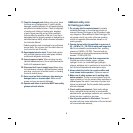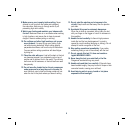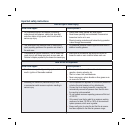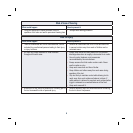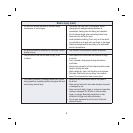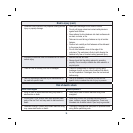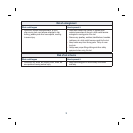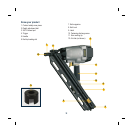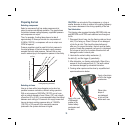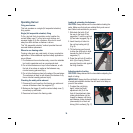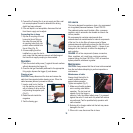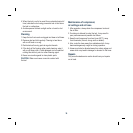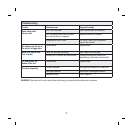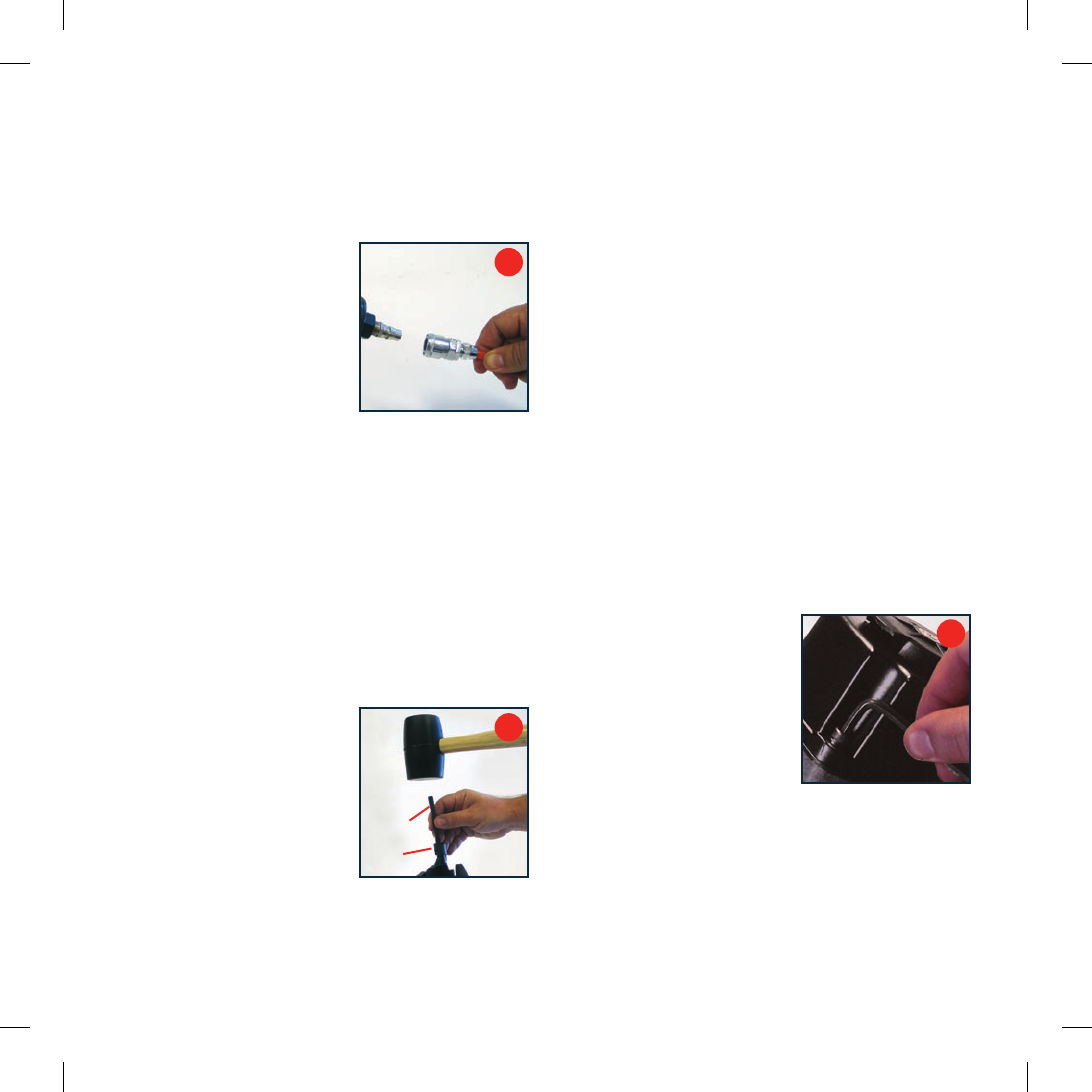
15
2. Connect the Framing Gun to an air supply and fire a nail
into a sample piece of wood to determine the driving
depth has been achieved.
3. If the nail depth is not acceptable, disconnect the tool
from the air supply and re-adjust.
Connecting the air hose
1. Slip the air coupling of the air
hose onto the air fitting on
the nailer. Be sure that the
air coupling locks firmly into
position when installed onto
the air fitting (Fig. D).
2. A hose coupling must be
installed on or near the tool in
such a way that the pressure reservoir will discharge at
the time the air supply coupling is disconnected.
Operation
1. Push the contact safety nose (1) against the work surface
without depressing the trigger (4).
2. Once the nail gun has been positioned to the appropriate
firing angle, depress the trigger (4) and release.
Clearing a jam
CAUTION. Always disconnect the hose and remove the
nails from the magazine before clearing a jam. When the
nailer becomes jammed, proceed as follows:
1. Insert a small rod or the like
into the ejection port and tap it
with a hammer to drive out the
nail jamming the ejection port.
(Fig. E)
2. Reset the nails inside the
magazine
3. Test the framing gun.
Air source
This tool is designed to operate on clean, dry, compressed
air at regulated pressures between 75 and 120 PSI.
The preferred system would include a filter, a pressure
regulator, and an automatic oiler located as close to the
tool as possible.
All compressed air contains moisture and other
contaminates that are detrimental to internal components
of the tool. An air line filter will remove most of these
contaminates and significantly prolong the life of the tool.
If an in-line oiler is not available, place 3 - 4 drops of non
detergent oil into the tool’s air inlet at the beginning of
each workday.
DANGER. All air line components (hoses, connectors,
filters, regulators, etc.) must have a minimum working
pressure rating of at least 150 PSI or 150% of maximum
system potential, whichever is greater.
Maintenance
CAUTION. Always ensure that the air hose is disconnected
from the tool before attempting to perform inspection or
maintenance.
Maintenance of nailer
Always check the tool for its
overall condition and loose
screws before operation.
Tighten as required (Fig. F).
1. Make sure all safety systems
are in working order before
operation. The tool must not
operate if only the trigger is
pulled or if only the contact safety nose (1) is pressed
against the wood. It must work only when both actions
are performed. Test for possible faulty operation with
nails unloaded.
2. Entering dirt or foreign matter into the tool may cause
damage to the tool.
3. When not in use, disconnect the air hose.
D
E
Small rod
Ejection port
F



